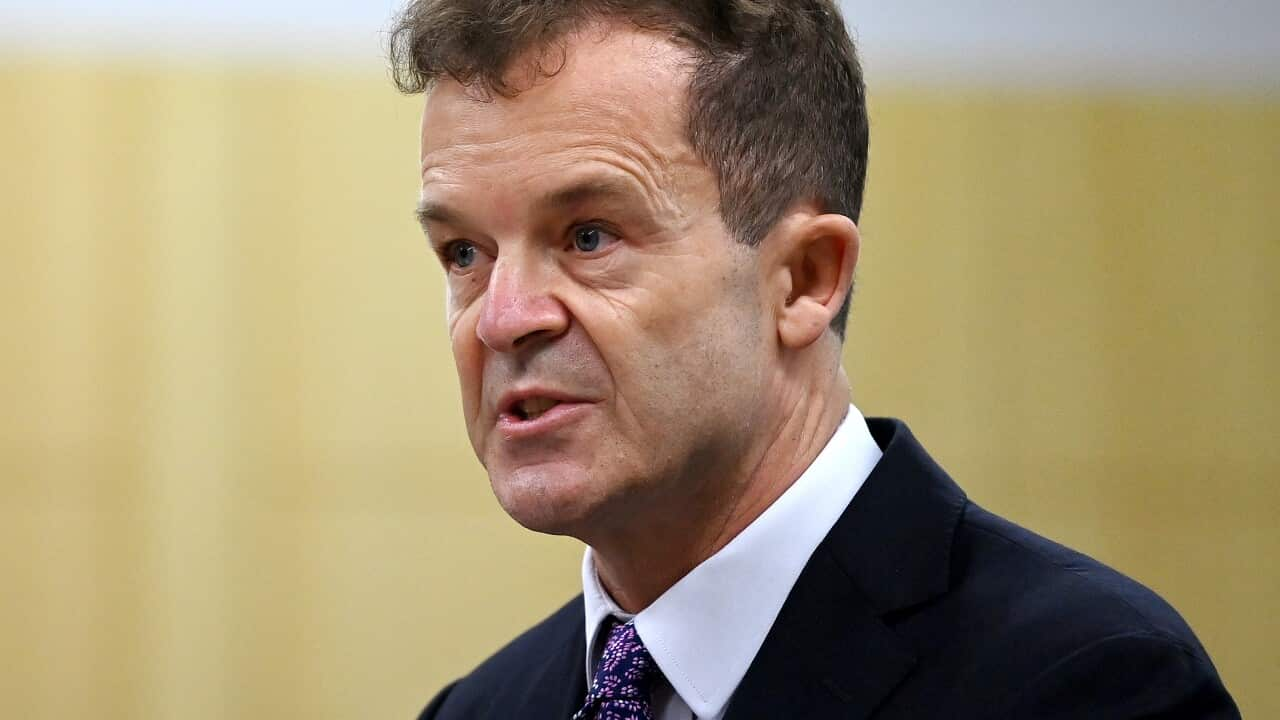Key Points
- Coercive control is a step closer to being criminalised in NSW, with a draft bill released for public consultation.
- The new law would create an offence to carry out repeated abusive behaviours to a current or former intimate partner.
People who repeatedly subject their partner to physical, sexual, psychological or financial abuse could face seven years in jail under proposed NSW coercive control laws.
A draft of the landmark bill has been released by Attorney-General Mark Speakman for public comment, ahead of its introduction to parliament.
Last year the historically overlooked as part of its response to a parliamentary inquiry.
Mr Speakman said the legislation would provide further protections for victims and survivors of domestic and family violence.
"Coercive control is complex, is insidious and causes untold harm for its victims," he said on Wednesday.
"Creating a stand-alone offence will strengthen our criminal justice system's responses to abuse.
"But consultation is critical to ensure these reforms only capture very serious incidences of abuse, avoid overreach and do not unintentionally endanger those in our community we are seeking to help."
While interim CEO of Domestic Violence NSW Elise Phillips backs the legislation, she is concerned the six-week consultation period is not long enough.
"The criminalisation of coercive control has the potential to improve the safety of people experiencing domestic and family violence in NSW but there must be sufficient consultation, training for police and courts and resourcing for the specialist DFV sector," Ms Phillips said.
If passed, the new law will create an offence to carry out repeated abusive behaviours to a current or former intimate partner and carry a sentence of up to seven years in jail.
Coercive control involves patterns of behaviour that deny victims autonomy and independence.
Women's Safety Minister Natalie Ward says the bill represents "landmark reforms that recognise that domestic abuse isn't just about physical violence".
"It can and very often does include physical, sexual, psychological and financial abuse to hurt and control someone," she said.
"These reforms are crucial to ensuring we recognise in law a pattern of behaviour which is identified as a precursor to domestic violence deaths."
If you or someone you know is impacted by family and domestic violence, call 1800RESPECT on 1800 737 732 or visit . In an emergency, call 000.
The Men’s Referral Service provides advice for men on domestic violence and can be contacted on 1300 766 491.










